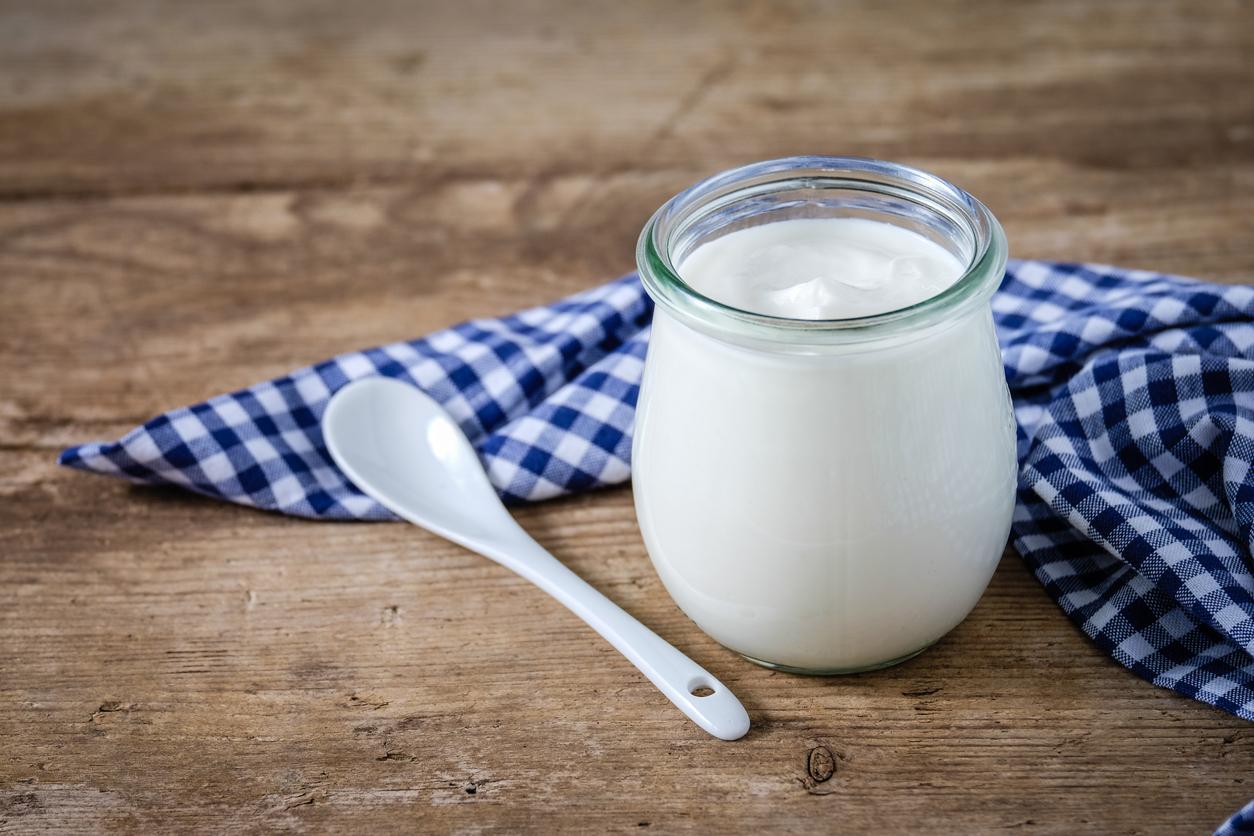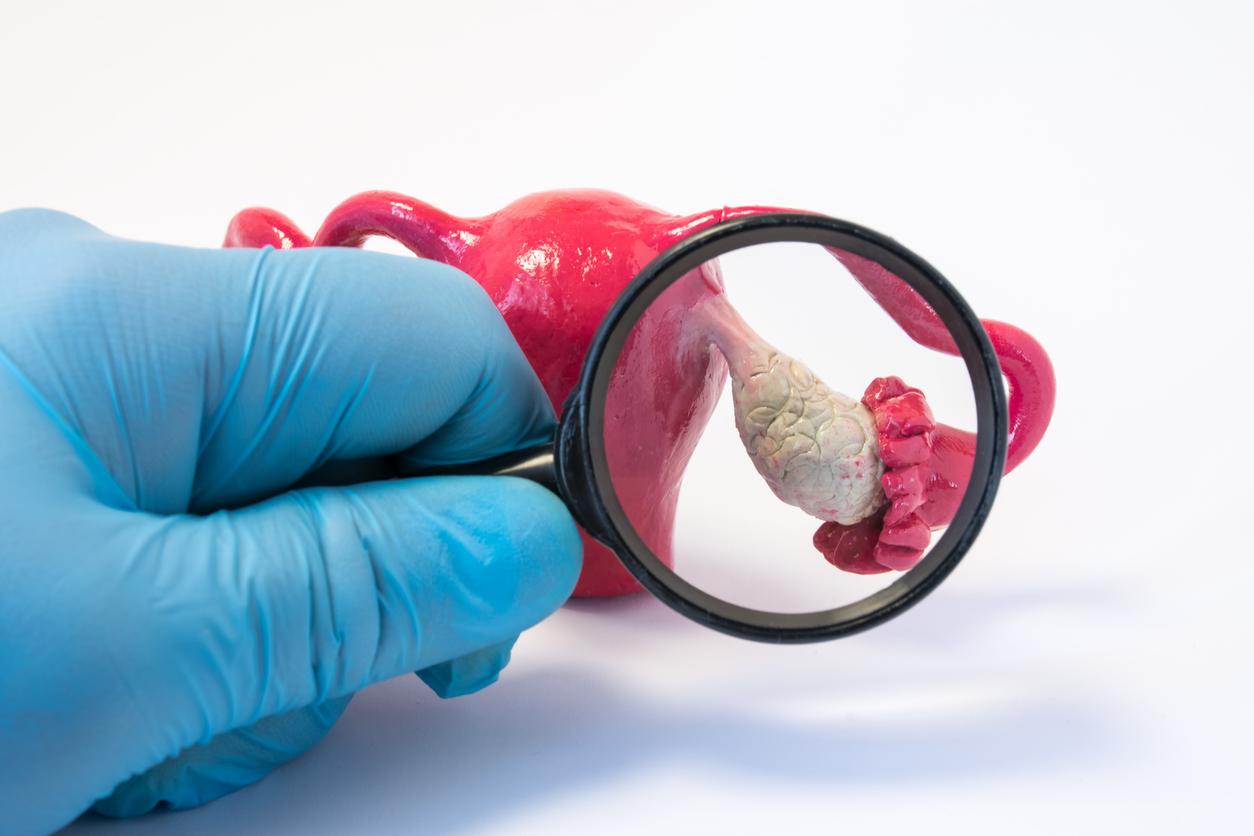Are you one of those people who is reluctant to drink directly from a can for hygienic reasons? You’ve certainly heard the tale that cans are stored in rodent-squatted warehouses where the latter urinate. Therefore, by drinking directly from the can, you would put yourself at risk of contracting leptospirosis, a potentially fatal disease caused by contact with this urine.
What is leptospirosis?
Leptospirosis, commonly known as “rat diseases”, is a bacterial disease caused by leptospira, bacteria found in the urine of infected animals, especially rodents such as rats. This disease can have symptoms ranging from a simple fever to serious complications, affecting the kidneys and liver.
Symptoms appear 2 days to 3 weeks after contact with the bacteria. The most common symptoms may include fever, headache, chills, nausea, vomiting, diarrhea, muscle aches, rash, and eye infection.
According tothe Pasteur Institute, this pathology can lead to death in 5% to 20% of cases. In severe forms, there is renal failure associated with neurological disorders (convulsions, coma) and more or less severe bleeding. This disease can be treated with antibiotics.
How can you catch leptospirosis?
However, it is unlikely to catch the leptospirosis while drinking from bobbin of soda. Leptospires require a moist, warm environment to survive, and dry surfaces like cans don’t provide ideal conditions for them to survive and spread.
Also, leptospirosis is not usually transmitted by direct consumption of contaminated food or drink. She spread mainly by direct contact with surfaces, water or mud contaminated with infected urine, entering the body through mucous membranes (nose, mouth, eyes) or wounds. Also, by simple contact with infected animals or by bite (especially rat bite).
Everyone practicing swimming and aquatic leisure activities in fresh water are exposed to the risk of leptospirosis (swimming, diving or fishing in fresh water, triathlon, canoeing, rafting, etc.) as well as people who practice gardening or hunting. Certain occupational activities are also exposed, such as occupations in contact with animals or with fresh water or wet soil contaminated with rat urine.
“Vvets, breeders, slaughterhouse staff and sewer workers are directly exposed to rats and water contaminated by their urine. It remains exceptional among individuals” indicates Dr. Gérald Kierzeck, emergency physician and medical director of Doctissimo.
Sources:

















